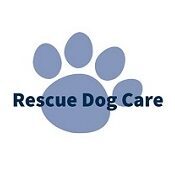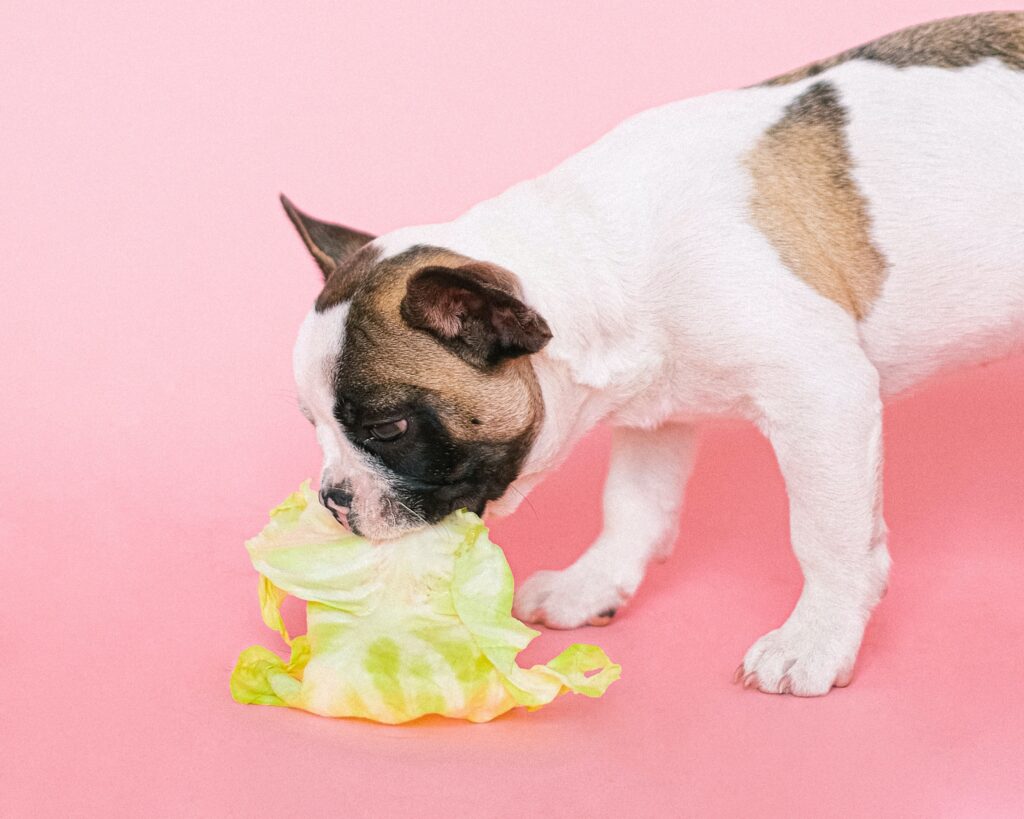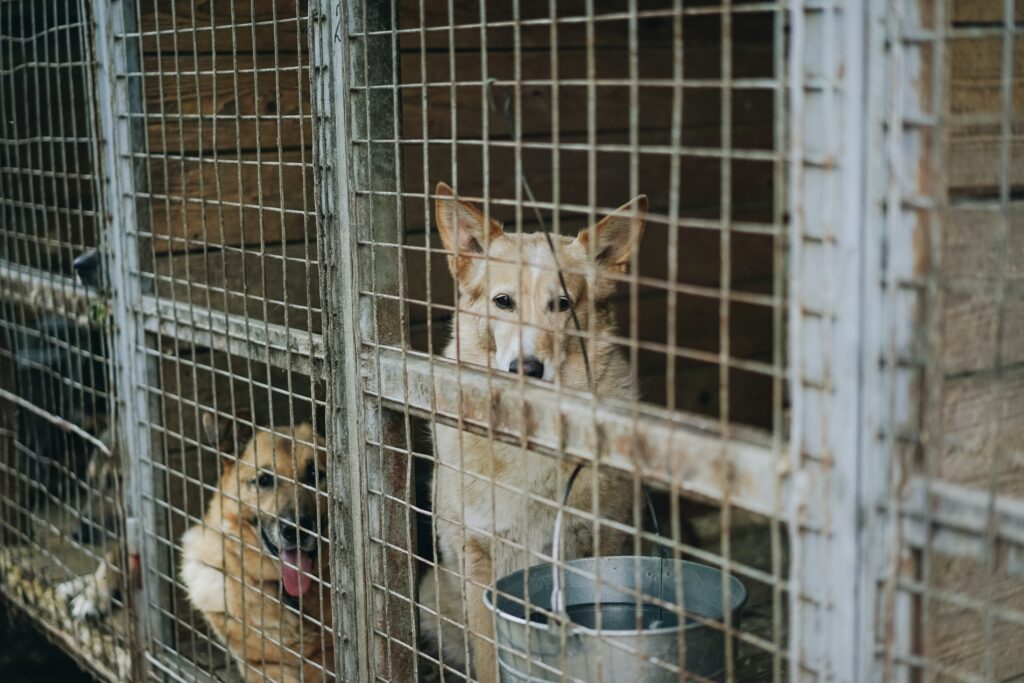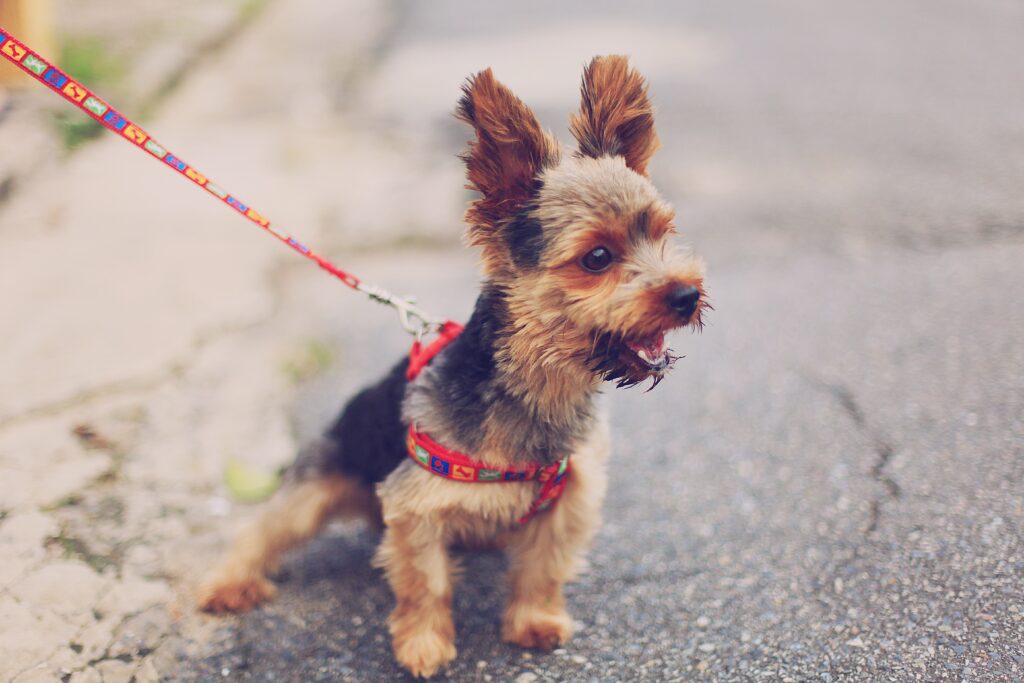Causes of Your Rescue Dog’s Insatiable Appetite
It can be extremely frustrating when you leave the house only to come back and find that your furry rescue has eaten everything in site around the house. Your rescue appears to have an endless desire for destruction, destroying everything from shoes to furniture to trash. And let’s not forget the toilet paper your furry friend got ahold of. Nonetheless, this behavior is rather prevalent in rescued dogs, and there are a number of possible explanations for it. This article will help you understand why your rescue dog eats everything and provides you some suggestions for correcting this behavior.
Dogs in need of a new home typically have a history of abuse or neglect when they are adopted from shelters or rescue groups. As a result, these canines may display undesirable behaviors like hostility or destruction. Addiction to eating is a common issue for folks who have adopted a rescue dog. In this piece, I will discuss some of the factors that may be contributing to this behavior, as well as some suggestions for dealing with the issue.
Table of Contents
The Emotional Life of a Shelter Pet
It’s important to get into your rescue dog’s head in order to figure out why they are eating everything. Dogs in need of a good home may have a troubled past due to abuse or neglect, and as a result, they may exhibit symptoms of anxiety, tension, or other disorders. These canines may have endured extended stays in shelters, an often-traumatic experience. Thus, they may resort to self-destructive actions.
Worry and Stress
Rescue dogs often binge eat due to anxiety and stress. Rescue Dogs who have been abused or neglected may develop heightened anxiety and act destructively as a coping mechanism. As a kind of self-soothing, they may resort to chewing on household items like furniture and shoes. Dogs with separation anxiety are more likely to behave destructively when left alone.
The effects of boredom and a lack of stimulation
As a form of self-entertainment, dogs that are left alone for lengthy periods of time may resort to destructive activity. Without adequate mental stimulation from toys and other playthings, your dog may resort to destructive chewing. To keep your dog healthy and happy, intellectually and physically, you must give it plenty of things to do and play with.
Nutritional Deficiencies
Rescue dogs that are not getting enough to eat may start devouring anything in sight. In order to meet their nutritional demands, if your dog isn’t getting enough from their food, they may try to find them in other places. It’s crucial to make sure to give your dog a healthy food tailored to its individual requirements.
Health Problems
Damage-causing behavior in dogs has been linked to a variety of medical issues. Dogs with stomach problems, for instance, may resort to eating foreign objects to ease their pain and discomfort. You will notice that sometimes if your dog’s stomach is upset, they will eat grass while outside. This does not always mean that a dog is sick, but in some cases, this could be a dogs way of getting rid of toxins and soothing a tummy ache. Nevertheless, if your dog also has other symptoms like vomiting or diarrhea, it’s important to take them to the doctor to rule out more serious diseases.
The absence of guidelines and instruction
Finally, untrained dogs may exhibit destructive behavior as a kind of boundary testing. Your dog may act destructively since it hasn’t been taught what is and isn’t acceptable behavior. To ensure your dog learns what is and is not allowed, you must set firm limits and provide constant training.
Improve Your Dog’s Dietary Routine
There are numerous solutions to the problem of a rescued dog devouring everything in sight. These are some suggestions:
Don’t be stingy with the entertainment; supply plenty of toys and games
Destructive behavior in dogs is linked to both boredom and a lack of mental stimulation. Provide your dog a wide variety of toys, puzzles, and games to keep his mind and body active and engaged. They will be less likely to engage in risky activities to pass the time as a result.
The importance of setting limits
Setting firm limits and providing constant training for your dog are both necessary. You should train your dog on the acceptable and unacceptable behaviors and reward the former. Your dog will learn the boundaries and stop acting out against the house rules.
The diet should be well-rounded and healthful
Feed your dog a healthy, well-rounded food that takes into account its individual nutritional requirements. Talk to your vet about what kind of food is best for your dog based on his or her age, breed, and current health status. They will be less likely to seek out unhealthy alternatives to food because of this.
Take care of any underlying medical issues
If your dog starts to vomit or has persistent diarrhea, it is probably a good time to consider taking them to the vet. Sometime resetting their stomach content with just plain white rice and bits of boiled chicken can reset things in a positive manner. Continue to monitor your pet, but if there is no improvement over the next day or so, prepare to get them to a professional for care.
We recommend seeking the advice of an expert dog trainer or behaviorist
See a dog trainer or behaviorist if your dog’s eating habits are causing serious issues and or damage. They will evaluate your dog’s behavior and recommend solutions based on your specific needs, such as specialized training or a change in your dog’s routine.
Conclusion:
There are a bunch of reasons why you dog may be eating whatever it can gets its choppers on. You can work on your dog’s eating habits in a number of ways: by providing him or her with a stimulating environment rich in toys and activities; by setting firm limits; by feeding him or her a healthy, well-balanced diet; by treating any underlying medical conditions; and by consulting a dog trainer or behaviorist. Don’t worry, you are not alone in dealing with this issue. It can be quite common but the key is making sure there are enough toys are other stimulants around the house to hold their attention.
FAQs
Q: Is it normal for your dog to chew up everything when you are away?
Answer: Anxiety, stress, and other behavioral disorders might lead rescued dogs to act destructively.
Q: My dog seems to be obsessed with chewing anything in sight; how can I stop him?
Answer: The best way to stop your dog from devouring everything in sight is to provide him with plenty of toys and activities, set firm limits, feed him or her a healthy, well-balanced diet, treat any underlying medical issues, and speak with a competent dog trainer or behaviorist.
Q: My dog seems to be eating everything in sight; might this be a sign of nutritional deficiency?
Answer: When your dog decides to eat everything in sight, it may not necessarily mean there is a nutritional deficit, it may just mean that your dog is bored and his just trying to get your attention.
Q: When I being to address my dogs crazy eating habit, how long will it be before I start to see results?
Answer: Your dog’s eating habits can be corrected, but how long it takes depends on the nature of the problem and the efficacy of your solutions. The key to solving the issue lies in maintaining a consistent and patient approach.
The eating habits that your furry friend has developed may take a few days to few weeks in order for your correct routine to take effect. There are different levels of severity and dependent upon the level of severity a patient and consistent strategy should yield results.



